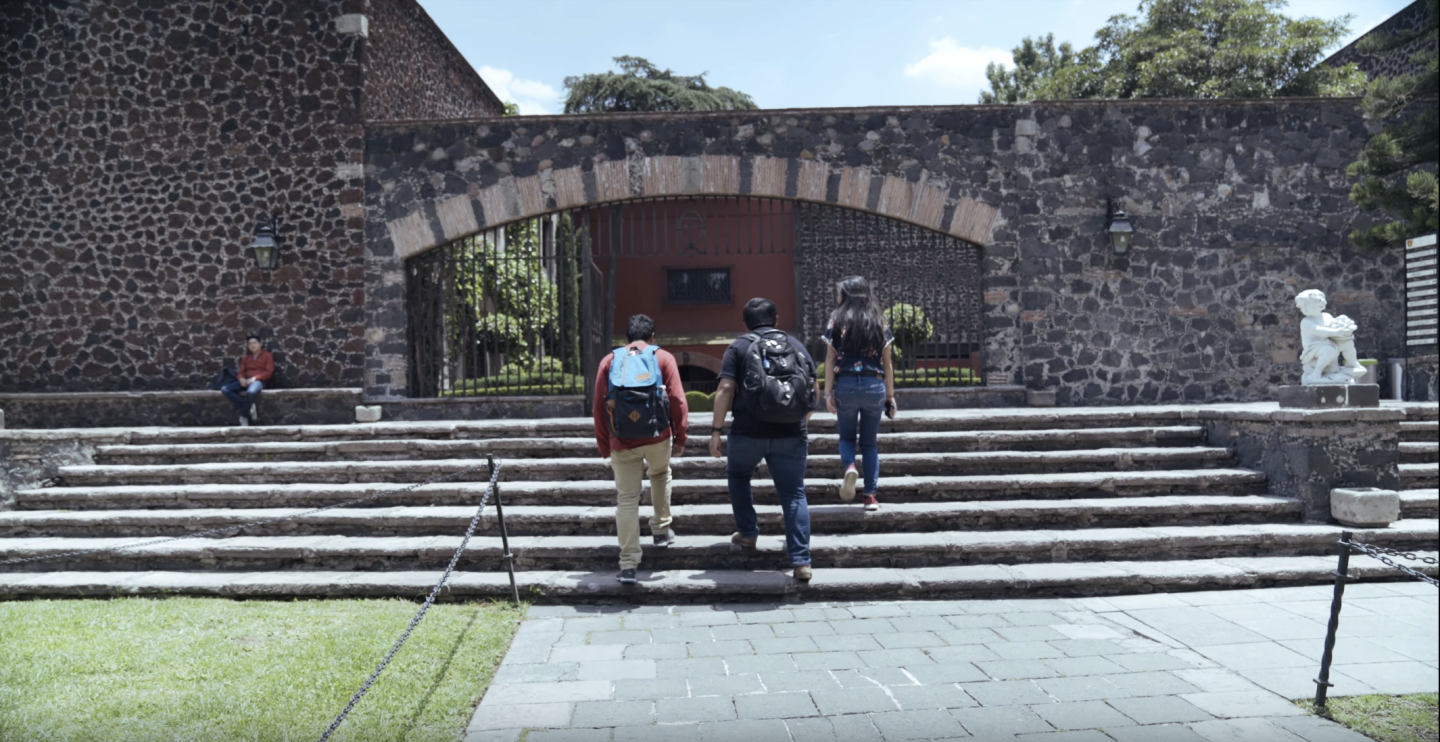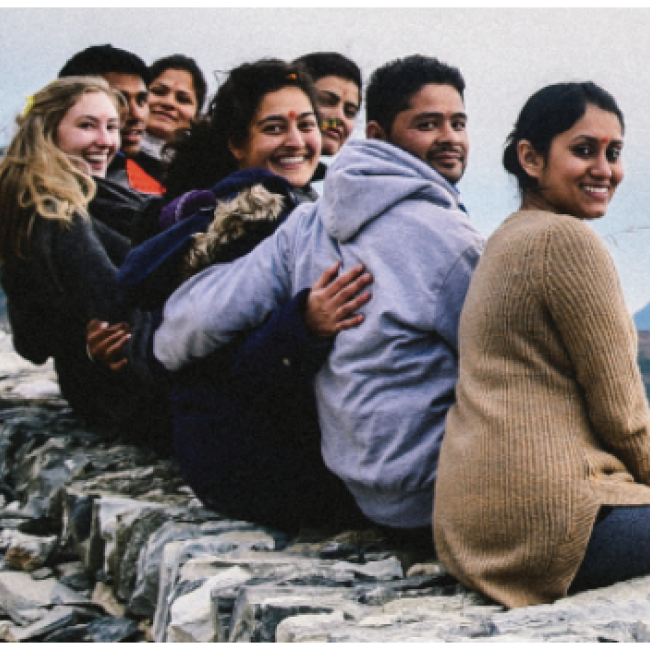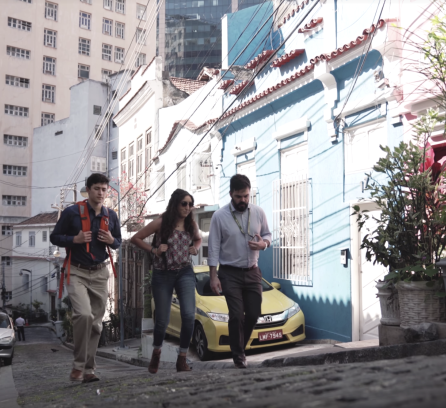Researching your host country’s acceptance of the LGBTQ+ community is important to gauge how you will be able to interact safely. In some countries, LGBTQ+ communities are openly embraced and welcomed. In others, the sentiment may be hostile and the government may have enacted laws criminalizing behavior, relationships, and even expressions of LBGTQ+ acceptance or existence.
As you start thinking about a MISTI trip, consider:
- What are the laws and cultural norms regarding sexual orientation and gender identity, including hate crime laws and laws of consent?
- What LGBTQ+ resources are available in the country you are visiting?
- Will you or can you be out? If so, are there safety concerns to consider? If not, how will this affect your day-to-day experience?
- What are the social attitudes towards LGBTQ+ people in the country you’re visiting?
- Will you need medications, supplies, or services due to your transgender status? Are they available in the country you are visiting? If not, will you need any additional documentation to travel with medication or supplies?
- Will you have access to gender-neutral bathrooms? If not, which bathroom can you use without getting into trouble?
As you start planning your trip, also think about the following:
- Familiarize yourself with the LGBTQ+ customs, laws, culture and climate of the country.
- Find support networks/communities in the area you will be staying.
- Research current news in the country you will be visiting.
- Be aware of your surroundings.
- Learn cultural norms and terminology related to LGBTQ+ persons and relationships in the local language.
- Speak with other LGBTQ+ MISTI students about their experiences abroad.
- Ask your MISTI program manager for student or alumni contacts who are willing to share their experience.
MISTI would like to make sure you understand potential challenges and risks when going abroad so you can make the most informed decision for your own personal well-being. Please contact the MISTI DEI team at mistidei [at] mit.edu (mistidei[at]mit[dot]edu) with any questions or concerns.



